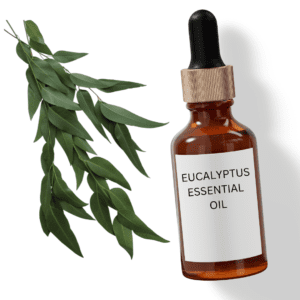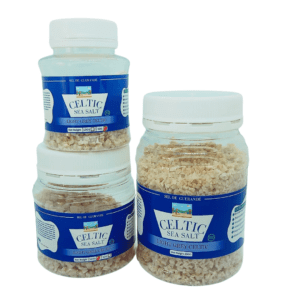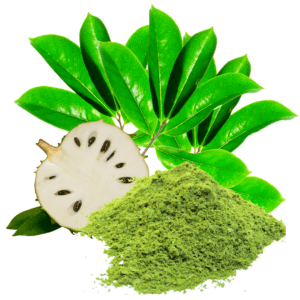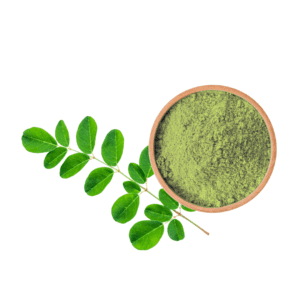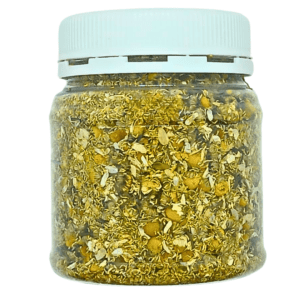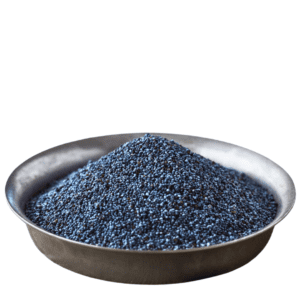Black Seed Oil:
Description: Black seed oil, also known as black cumin seed oil or nigella sativa oil, is extracted from the seeds of the Nigella sativa plant, which is native to Southwest Asia. It has been traditionally used for its potential health benefits and is rich in bioactive compounds.
Nutritional Breakdown: Black seed oil contains a variety of beneficial components, including:
- Thymoquinone: A powerful antioxidant with potential anti-inflammatory properties.
- Essential Fatty Acids: Omega-3 and Omega-6 fatty acids contribute to overall health.
- Vitamins and Minerals: Black seed oil is a source of vitamin E, B vitamins, iron, and calcium.
Benefits:
- Anti-Inflammatory Properties:
- Thymoquinone, the active compound in black seed oil, has been studied for its potential anti-inflammatory effects, which may benefit various inflammatory conditions.
- Antioxidant Support:
- The antioxidants in black seed oil help neutralize free radicals, potentially reducing oxidative stress and supporting overall health.
- Immune System Support:
- Some research suggests that black seed oil may have immunomodulatory effects, supporting the body’s immune response.
- Respiratory Health:
- Black seed oil has been traditionally used to support respiratory health and may provide relief for conditions like asthma and allergies.
- Skin Health:
- Applied topically, black seed oil may help with skin conditions like eczema, psoriasis, and acne due to its anti-inflammatory and antimicrobial properties.
- Digestive Health:
- Black seed oil may have a positive impact on digestive health by promoting regular bowel movements and relieving symptoms of indigestion.
- Heart Health:
- The essential fatty acids in black seed oil, particularly Omega-3 and Omega-6, may contribute to cardiovascular health by supporting cholesterol levels and reducing the risk of heart disease.
How to Use Black Seed Oil:
- Internal Consumption:
- Take black seed oil orally, typically in small doses. Start with a lower amount and gradually increase, following product recommendations.
- Mixing with Honey or Juice:
- Many people mix black seed oil with honey or fruit juice to mask its strong taste.
- Salad Dressings:
- Incorporate black seed oil into salad dressings for a nutritional boost.
- Capsules or Softgels:
- Black seed oil is available in capsule or softgel form for convenient and measured consumption.
- Topical Application:
- Apply black seed oil topically to the skin for various skin conditions. It’s advisable to do a patch test before widespread use.
- Hair and Scalp Treatment:
- Massage black seed oil into the scalp or mix it with hair masks for potential benefits to hair health.
- Steam Inhalation:
- Inhale the steam of water mixed with a few drops of black seed oil for potential respiratory benefits.
Caution:
- Pregnant Women: Pregnant women should consult with a healthcare professional before using black seed oil.
- Allergic Reactions: Some individuals may be allergic to black seed oil. Perform a patch test before widespread use.
- Interaction with Medications: Consult with a healthcare professional, especially if you are taking medications, as black seed oil may interact with certain drugs.
Always choose a high-quality, cold-pressed black seed oil from a reputable source. Individual responses to black seed oil can vary, and it’s advisable to consult with a healthcare professional before incorporating it into your routine, especially if you have specific health concerns or are pregnant.





